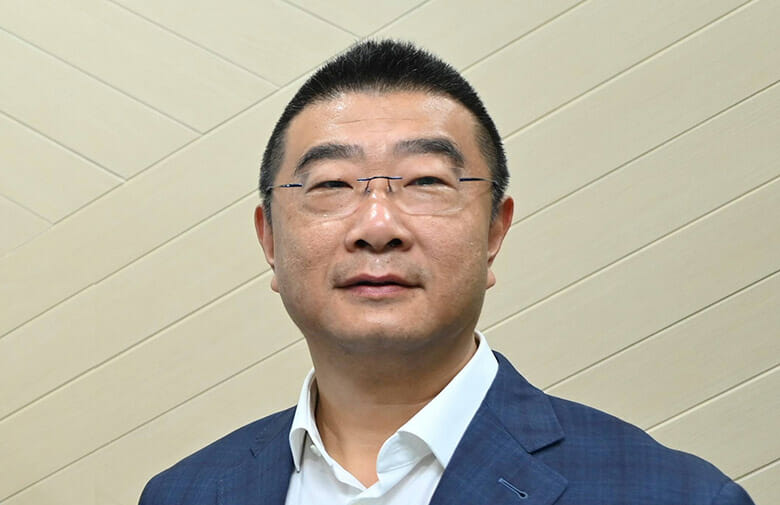
Stuart Gibson, Group Co-founder and Co-CEO, ESR
Shares in ESR will cease trading on the Hong Kong stock exchange on Monday after shareholders approved a $7 billion privatisation of the industrial developer and fund manager on Friday.
The deal to buy out ESR was sealed at a pair of meetings where 99.97 percent of disinterested shareholders approved the offer from a consortium comprising Starwood Capital Group, SSW Partners, Sixth Street, Warburg Pincus, the Qatar Investment Authority, and ESR’s founders, according to a statement late Friday to the Hong Kong exchange.
“This marks an important milestone in ESR’s journey,” ESR Group Co-founders and Co-CEO Stuart Gibson and Jeffrey Shen said in a statement. “As a private company, ESR will be better positioned to focus on its long-term strategic transformation and value creation for all stakeholders.”
With the shareholders also having passed all resolutions regarded to the privatisation, ESR shares are expected to stop trading on Monday afternoon, with the de-listing process set to conclude on 3 July.
APG, ARA Co-Founder Exit, OMERS Trims Stake
The meetings on Friday wrapped up a process which began formally in December when the consortium made a proposal to buy the ESR shares which it did not already control for HK$13 ($1.66) each.

ESR co-founder and co-CEO Jeffrey Shen
That December offer came more than six months after Starwood, Sixth Street and SSW first proposed a buyout of the company, with Warburg Pincus, QIA and ESR’s founders later joining the consortium.
The Ontario Municipal Employees Retirement System (OMERS), ARA Asset Management co-founder John Lim, Dutch pension fund manager APG, Singapore’s Straits Trading Company Limited and Japan’s Sumitomo Mitsui Banking Corporation (SMBC) all committed early in the process to accepting the consortium’s proposal with ESR shares then trading well below their 2019 IPO price. Lim and APG opted to receive cash for their shares, while OMERS had agreed at the time of the December proposal to accept share compensation for around 319 million of the 456 million shares in ESR that it then owne, or around 70 percent of its holdings at the time.
Citigroup advised ESR on the deal while Morgan Stanley and Deutsche Bank AG acted as co-lead financial advisers to the buyout group. Goldman Sachs and UBS also worked as joint financial advisers to the consortium while UOB was involved in the capital structure. JLL advised on the real estate side.
Bank of America served OMERS on its exit from ESR after having been one of the early investors in the company.
Share Price Struggles
ESR ranked as the largest real estate fund manager in Asia Pacific during 2024 by assets under management, according to a recent report by industry group ANREV, however, the group’s success in stewarding third party funds has not always been reflected in its valuation.
The group reported a loss of $726.3 million for 2024, primarily due to marked to market losses on existing assets and its development pipeline, with nearly half of that related to its mainland China portfolio.
With operations in Japan, South Korea, Australia and New Zealand, India, Europe and several ASEAN countries, in addition to China, ESR has spread beyond its warehouse roots to invest in data centre and infrastructure projects in recent years.
Despite that diversification, the buyout offer represented a more than 22 percent discount from ESR’s IPO price and was more than 55 percent less than the stock’s February 2021 peak of HK$29.35.
With property-related stocks having fallen out of favour on the Hong Kong exchange following defaults by multiple mainland developers since 2021, the consortium’s buyout offer represented a 55.7 percent premium over ESR’s HK$8.35 share price on 24 April, before the group made its initial offer in May of last year.
Note: This article has been updated to clarify that OMERS is only partially exiting from its ESR investment and will hold a stake in the new company post-privatisation.

Leave a Reply